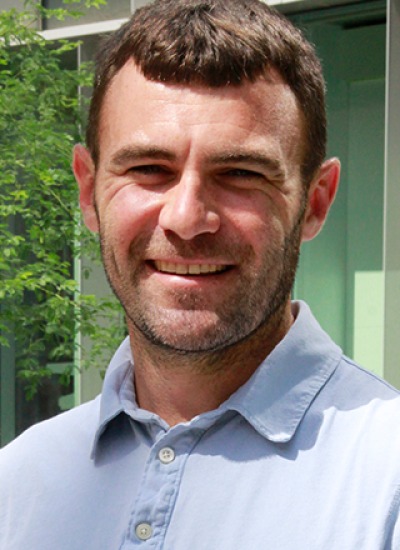Epigenetics
Ravi Goyal
Research Interest
Alexander Badyaev
Research Interest
Catharine L Smith
Research Interest
Rebecca A Mosher
Work Summary
Dr. Mosher studies methylation of DNA in plants and how these epigenetic marks are transmitted from parent to offspring.
Research Interest
Sean W Limesand
Work Summary
Our current research program use an integrative approach at the whole animal, isolated organ, cellular and molecular levels to investigate developmental adaptations in pancreatic β-cells and insulin sensitivity that result from early life risk factors, such as intrauterine growth restriction, and increase risk of glucose intolerance and Diabetes in later life.
Research Interest
Bernard W Futscher
Work Summary
Bernard Futscher's lab is studying the molecular origins of human cancer. Understanding epigenetic dysfunction in human cancer has been Dr. Futscher's primary research focus since establishing his own independent laboratory. This epigenetic research has moved into the area of noncoding RNAs and their potential role in cancer cell immortality.








